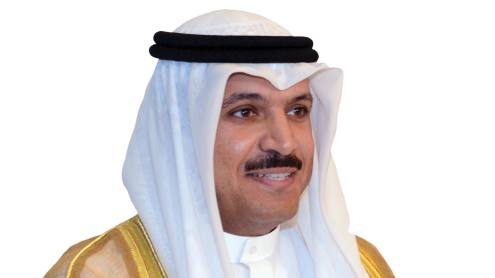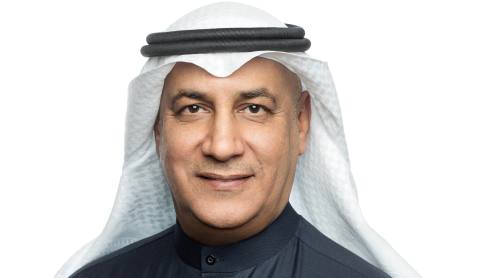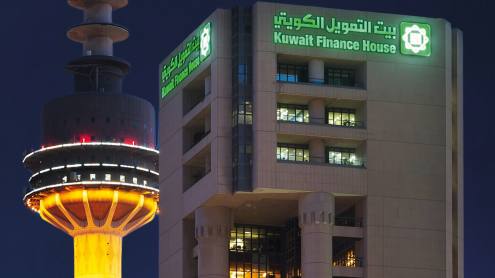Universal basic income (UBI) initiatives — where governments give regular, unconditional cash grants to segments of society — have been growing in popularity in recent years in countries including Kenya, Brazil, Iran and Finland. Interest in such schemes is now growing within the Arabian Gulf.
At first glance, unconditional cash grants may seem odd within the context of oil-rich nations such as Kuwait. Yet UBIs are increasingly being touted as a tool to improve the increasingly unequal and inefficient distribution of state oil revenues among Gulf citizens, with positive implications for the macroeconomy, the private sector and the environment.













